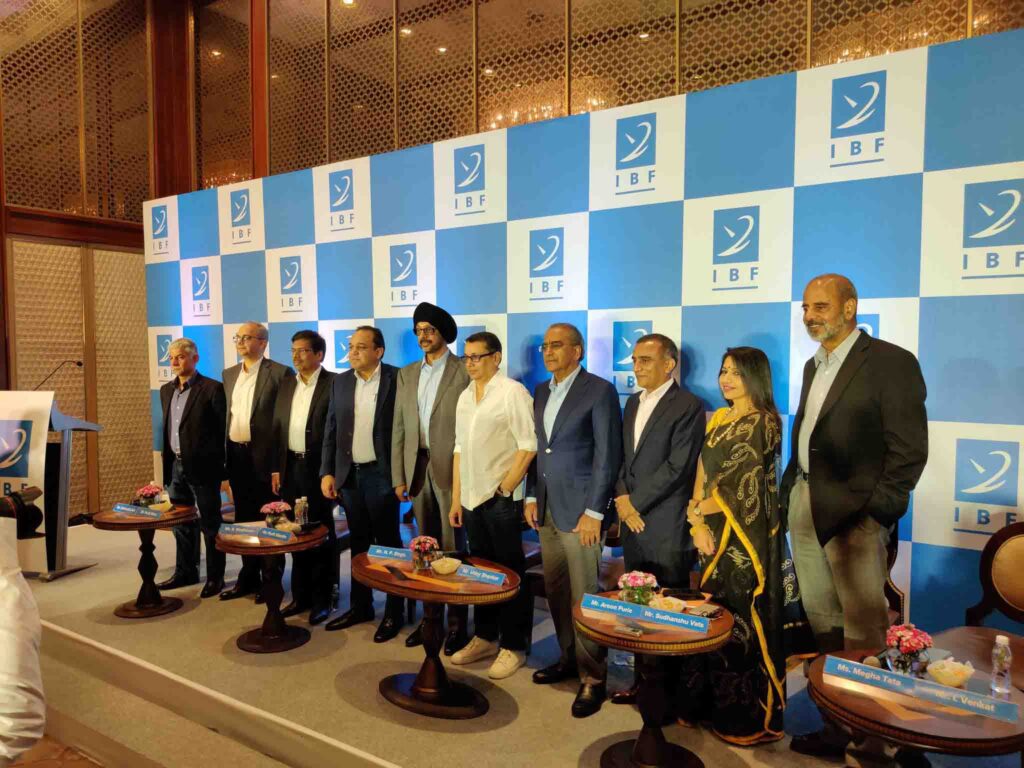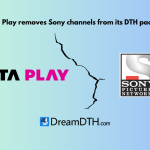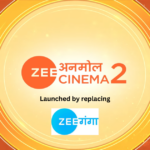The Bombay High Court today has refused to grant any interim relief to the broadcasters who had moved plea against TRAI’s Tariff Order amendments which were released on January 1. The Film and Television Producers of Guild of India, Zee Entertainment, Sony Pictures Network India, Indian Broadcasting Foundation and Star India had filed appeals in the Bombay High Court yesterday.
According to a Bar and Bench report, the petitioners stated that there was no justification given on the reduction of the ceiling from Rs 19 to Rs 12, especially as there was a formula which was used to arrive at the Rs 19 ceiling a few years back. They also termed the order as unconstitutional.
The plea also referred to the 60 day time period which was earlier given to broadcasters to declare RIOs and said that the regulator has tried to fast forward it by reducing it to 15 days. With only a day left for the broadcasters to declare their pricing, it asked for an interim stay given that it would have to face coercive steps if it fails to file the revised rates in stipulated time.
The High Court rejected their plea and direct TRAI to file an affidavit in response within a week. The matter is now posted to be heard on January 22.
With Bombay HC refusing to grant any relief, the broadcasters are now left with another 28 hours to declare its new pricing in line with TRAI Tariff Order 2020 failing which it will attract penalty from the regulator.
TRAI’s Tariff Order 2020 released on New Year led to the broadcasters standing united under the aegis of the Indian Broadcasting Foundation (IBF). On Friday, in an unprecedented move, the Industry Leaders came together for the first time in the history of Indian broadcasting, to voice their displeasure against the amendments brought in by the regulator.
The press meet was attended by top executives of Sony Pictures Network India, Viacom18, India Today Group, Star & Disney India, Zee Entertainment, Turner India, ETV Network and Discovery India.
Sudhanshu Vats, Group CEO & MD, Viacom18 and Vice-President IBF said: “The objective of NTO 1 was first – to give choice to consumers, second – to bring transparency and third – to reduce litigation. While only the first two have happened, it’s too early to talk about the third. Statistically, overall 94% of Indians are aware of the NTO and the choices they have because of the efforts made by the broadcast industry collectively. The month on month churn in the industry shows that people are continuously fine-tuning their choices. The other objective of NTO was transparency which it has also brought in. The question, therefore, is “what is the fundamental need to change again? In my opinion, there was no need.”
He further added, “India is a heterogeneous country with different choices and abilities to pay. In every sector, there is a wide spectrum and that needs to play out more in Indian media as well. This push for consistency shouldn’t come in the way of the industry’s and economy’s growth. In the M&E industry, there is a lot of dynamism and flux and hence the broadcast sector needs to be able to settle down. If there has to be any change we need to allow for enough time for its implementation and also changes shouldn’t be suggested so frequently.”
ZEEL MD and CEO Punit Goenka said that the new tariff order would inconvenience the customer with a new transition. He further said that TRAI micro-managing the broadcaster sector would hamper the growth of the sector.
The pleas will now be heard in parallel with Tariff Order 2020 being implemented by the broadcasters and then by the DPOs. At the time of going to press none of the pay broadcasters had declared their new pricing in line with Tariff Order 2020. All eyes are now glued to the broadcaster’s websites for the new revised RIO.








